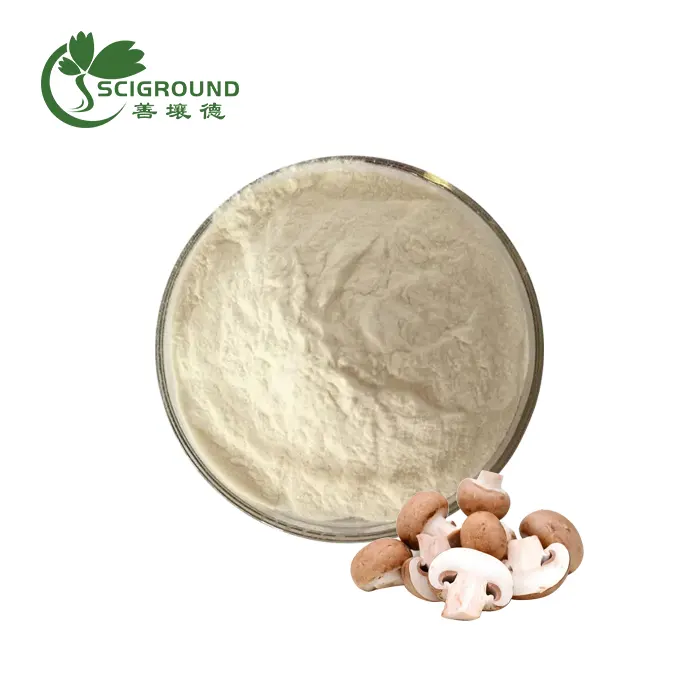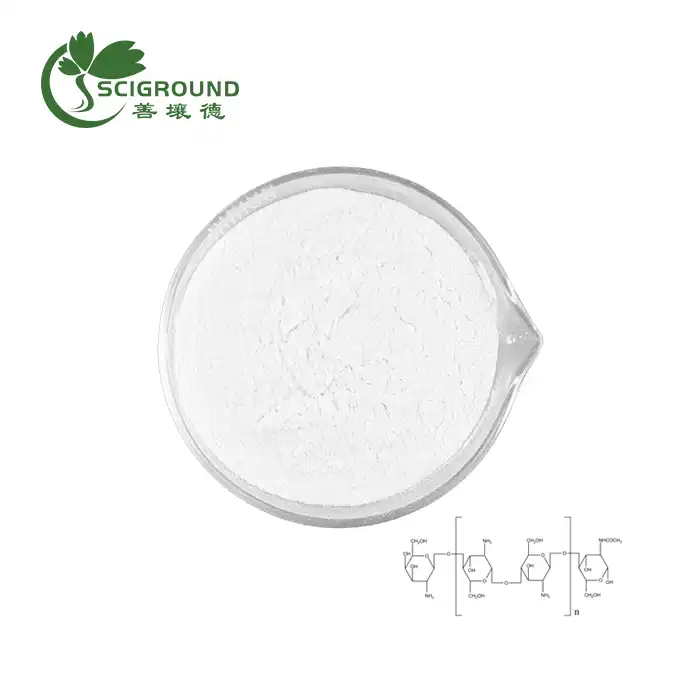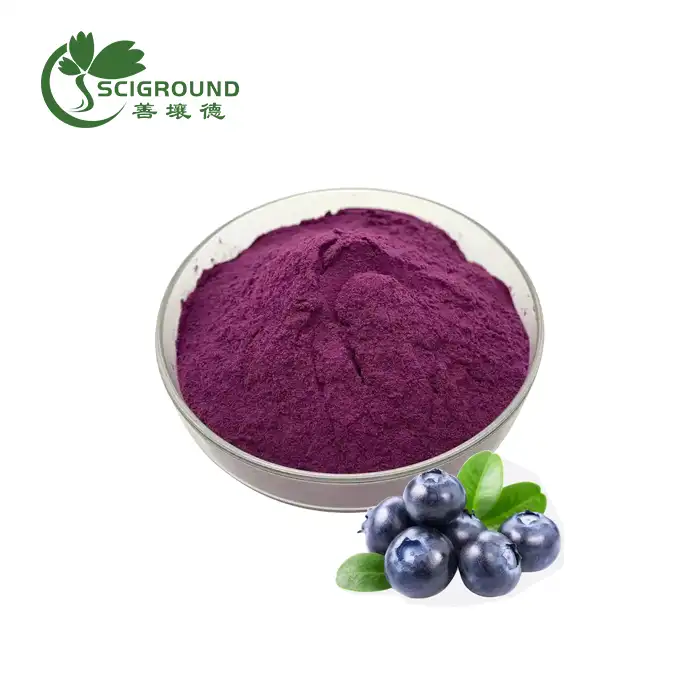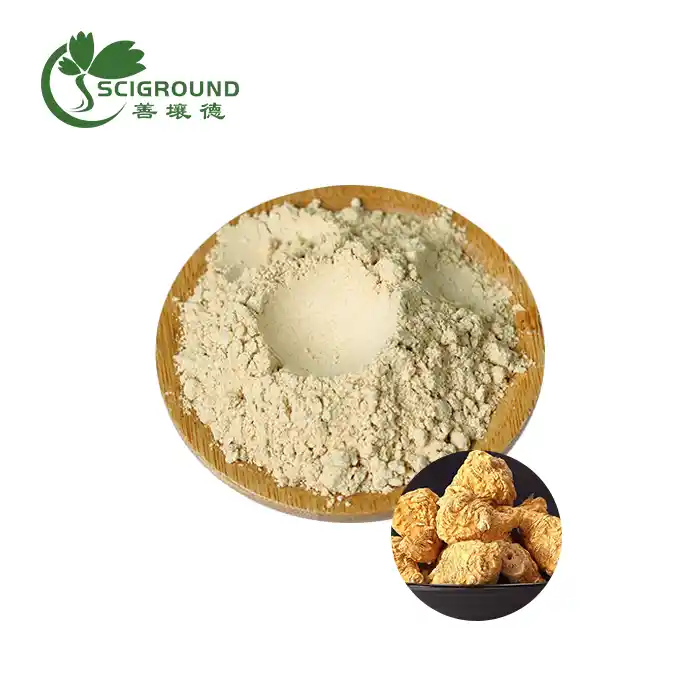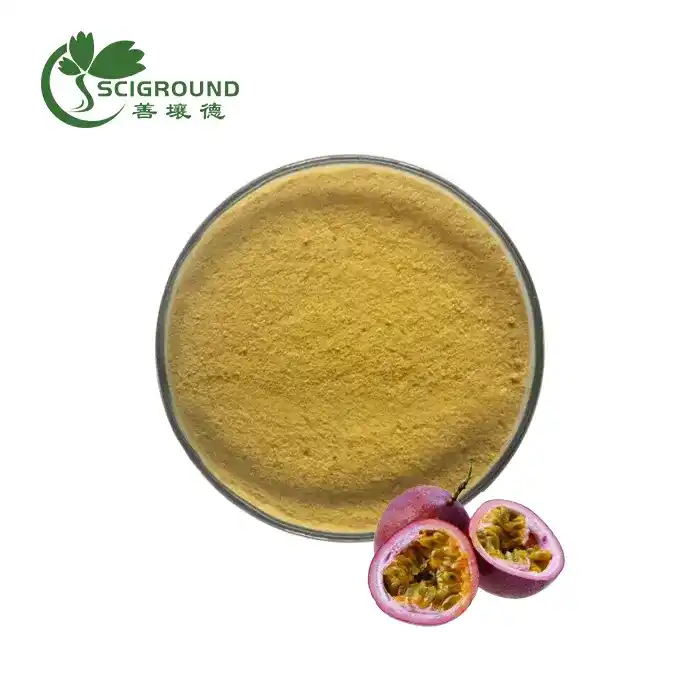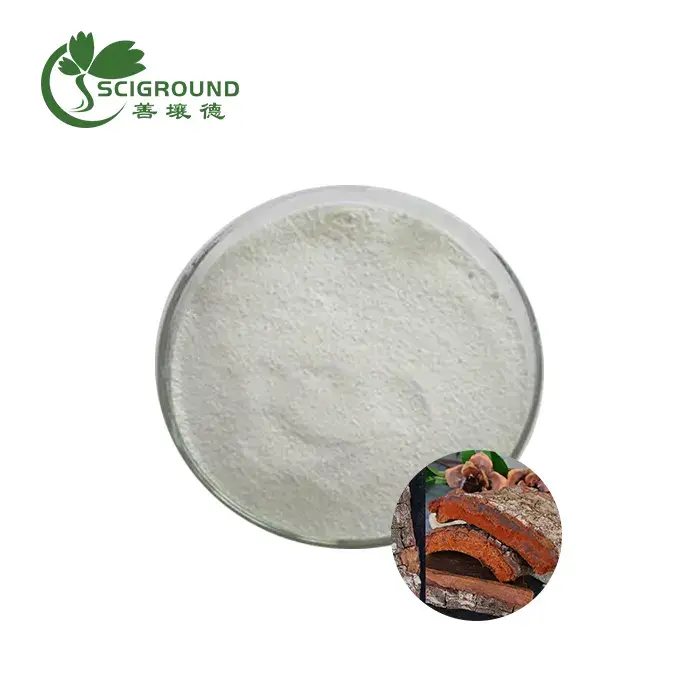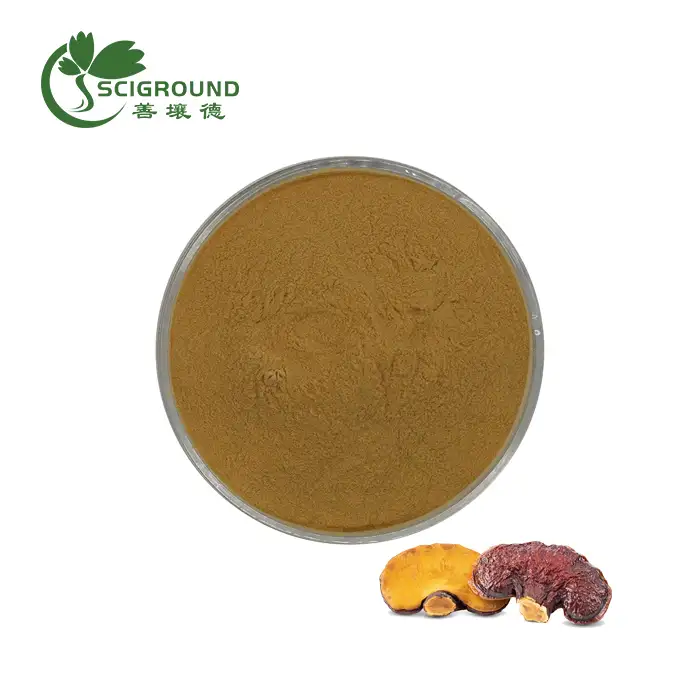Can I Boil Mulberry Leaves and Drink It?
Boiling mulberry leaves to create a wholesome beverage has been a practice rooted in traditional medicine for centuries. As we embark on a journey to explore the potential health benefits of this age-old remedy, it is essential to delve into the rich history and cultural significance that surrounds the consumption of mulberry leaf tea. The leaves of the mulberry tree, scientifically known as Morus, have been celebrated in various cultures for their purported medicinal properties. Join me in unraveling the mystique of mulberry leaves as we discover whether this time-honored tradition holds true to its reputation as a health elixir.
How Do You Drink Mulberry Leaves?
Drinking mulberry leaf tea is a simple yet rewarding practice that can be easily incorporated into your daily routine. To prepare this wholesome beverage, start by harvesting fresh mulberry leaves from a healthy, pesticide-free tree. Ideally, choose young, tender leaves for a milder flavor.
Once you have gathered the leaves, rinse them thoroughly under cold water to remove any dirt or debris. Next, bring a pot of water to a gentle boil. For every cup of water, use about 1-2 tablespoons of fresh mulberry leaves. Adjust the quantity based on your taste preferences and the intensity of flavor you desire.
Add the cleaned mulberry leaves to the boiling water and let them steep for approximately 5 to 10 minutes. Steeping time can be adjusted to achieve the desired strength of the tea. Longer steeping times may result in a more robust flavor and increased concentration of beneficial compounds.
After steeping, strain the leaves from the liquid using a fine mesh sieve or tea infuser, allowing the tea to cool slightly before consumption. If desired, you can enhance the flavor by adding a touch of honey, lemon, or other natural sweeteners.
Mulberry leaf tea can be enjoyed both hot and cold, offering versatility to suit different preferences and weather conditions. The delicate, slightly earthy taste of the tea is often likened to green tea but with a unique twist.
Incorporating mulberry leaf tea into your daily routine can contribute to a range of potential health benefits. From its reputed ability to help regulate blood sugar levels to its antioxidant-rich composition, this natural elixir is celebrated for its holistic wellness properties.
As with any herbal remedy, it's advisable to consult with a healthcare professional before making significant changes to your diet, especially if you have underlying health conditions or are taking medications. So, sip and savor the goodness of mulberry leaf tea, embracing both its cultural legacy and potential health advantages.

How Long Do You Boil Mulberry Leaves?
The process of boiling mulberry leaves to produce a nutritional libation requires careful attention to achieve optimal flavor and prize the implicit health benefits. The recommended duration for boiling mulberry leaves generally ranges between 5 to 10 twinkles, depending on particular preference and the asked strength of the tea.
Begin by bringing a pot of water to a gentle pustule. As the water reaches a rolling pustule, add the lately gathered mulberry leaves to the pot. It's important to note that the leaves should be completely irrigated before boiling to remove any contaminations. For a single mug of water, consider using 1 to 2 soupspoons of fresh mulberry leaves, conforming the volume grounded on your taste preferences.
Allow the leaves to steep in the scorching water for around 5 to 10 twinkles. The steeping time can impact the strength and flavor profile of thetea.However, a shorter steeping time may be suitable, while a longer steeping period can affect in a more robust flavor, If you prefer a milder taste.
After the asked steeping time, strain the leaves from the liquid using a fine mesh sieve or tea infuser. This step is pivotal to insure a smooth and pleasurable tea- drinking experience, free from any splint patches.
While the general guideline suggests a 5 to 10- nanosecond steeping time, experimenting with different durations allows you to conform the tea to your relish. Some individualities may find a shorter steeping time more charming, especially if they prefer a lighter infusion, while others may conclude for a longer duration to prize a more pronounced flavor.
As with any herbal tea, it's essential to strike a balance between achieving the asked taste and maximizing the implicit health benefits of mulberry leaves. Whether enjoyed hot or cold, mulberry splint tea is a protean and stimulating addition to your diurnal routine, offering a pleasurable emulsion of tradition and well- being.
Is It Safe to Eat Mulberry Leaves?
Mulberry leaves have been consumed in various forms for centuries, often praised for their potential health benefits. However, the safety of eating mulberry leaves depends on factors such as the species of mulberry, individual health conditions, and the method of preparation.
1. Mulberry Species:There are different species of mulberry trees, and some may have leaves with higher concentrations of certain compounds. White mulberry (Morus alba), for instance, is commonly cultivated for its leaves, while other species may have leaves with different properties.
2. Toxin Content:Mulberry leaves may contain compounds like tannins and alkaloids. While these substances can have health benefits in moderation, excessive consumption may lead to adverse effects. Cooking or boiling the leaves is a common practice to reduce the concentration of these compounds.
3. Health Conditions:Individuals with pre-existing health conditions, such as kidney issues or allergies, should exercise caution when consuming mulberry leaves. It is advisable for such individuals to consult with a healthcare professional before incorporating mulberry leaves into their diet.
4. Preparation Methods:Boiling or cooking mulberry leaves is a common method to make them safe for consumption. This process helps eliminate potential toxins and enhances the palatability of the leaves. Consuming them raw may not be recommended due to the presence of certain compounds that could be harsh on the digestive system.
Conclusion:While mulberry leaves are generally considered safe when prepared appropriately, individual reactions may vary. It is crucial to exercise moderation and, if in doubt, seek advice from healthcare professionals before incorporating mulberry leaves into your diet.
References:
Lim, H. H., & Lee, S. O. (2013). Deleterious Effects of High Concentrations of Mulberry Leaf Water Extract on Renal Epithelial LLC-PK1 Cells. Journal of Medicinal Food, 16(9), 815–822.
Kim, Y. M., Jeong, Y. K., Wang, M. H., & Lee, W. Y. (2005). Rhamnetin and Quercetin, Isolated from Mulberry Leaves, Inhibit IL-4 and IL-5 Production by Mouse Th2 Cells. Planta Medica, 71(05), 488–494.
Related Industry Knowledge
- What is ajuga turkesterone?
- What are the benefits of Acetyl-L-carnitine powder?
- What is the therapeutic potential of Polygala saponins in neurological diseases?
- How do you take Reishi mushroom powder?
- What are the side effects of mushroom extract powder?
- What happens if I take creatine monohydrate everyday?
- What Does Vitamin B1 Do
- Unlocking the Health Benefits of Persimmon Extract Powder: Everything You Need to Know
- How Does Capsaicin Work?
- Shiitake Mushroom Extract: Uncovering Its Health Benefits
